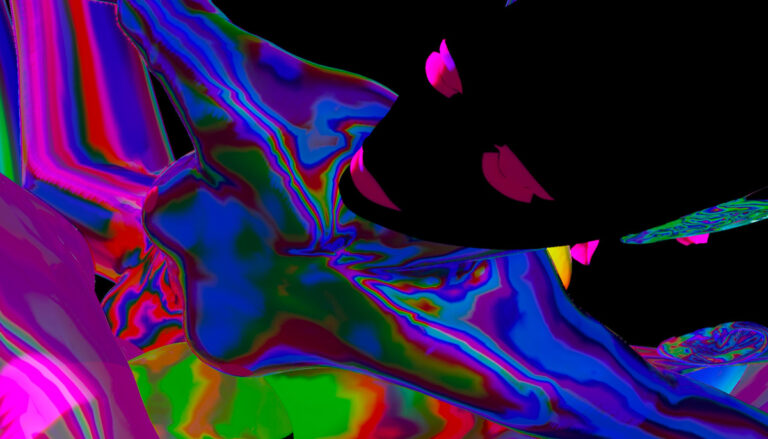Deepfake porn: should it be illegal?
The online sex industry has prospered in recent years, with the increased use of online platforms such as OnlyFans, Twitch and other adult content streaming websites. With the rise of deepfake technology, it’s no surprise that more people are having ethical debates over it. Below, we’ll explore what deepfake technology is, how it made its way into the porn industry and some examples of how deepfake porn has already started to spark major controversy.
What is deepfake technology?
Deepfake technology has exploded over the past few years. In simple terms, it allows users to create fake videos, images and recordings of people, often celebrities or influencers, which appear to be authentic.
Some of the earliest and most controversial examples of deepfake technology were in cases of pornography. Whether face-swapping a celebrity for an adult performer or an AI algorithm that creates a nude image of a person, deepfake technology has brought up concerns regarding privacy and consent.
Deepfake content can also be found via a simple Google search query. Because it’s so simple to access those—pornographic or not—many have expressed worries over the cultural significance of this technology and the importance of regulating it.
High-profile cases of deepfake content
It’s commonly known that using images or videos of someone without their written consent can become a murky situation. Additionally, deepfake content is typically shared on social media platforms or sent directly to online users. A notable example that caught the media’s attention was the super-realistic deepfake of actor Tom Cruise, which sparked a debate over the ethics of deepfake content.
Another case occurred in 2019 when a viral, fake video of House Speaker Nancy Pelosi made rounds on the internet, picking up 2.5 million views on Facebook. Pelosi appeared to be impaired or intoxicated in the video.
Deepfake porn and deepnudes
One of the major reasons there’s been an uptick of deepfake cases across the internet is that recent advances in technology have made it easier to create and more accessible for even the most novice users online.
It has enabled people to transfer imaginative fantasies online and make them a reality. This is deeply unsettling to some people, and it naturally raises questions over the legality of the technology and how it’s being used.
While deepfake tech is not inherently malicious, it can create major problems for people and their right to privacy when used with malicious intent. It’s becoming increasingly difficult to identify if a piece of content is integrated with deepfake tech, which is another reason why ethics concerns keep arising.
There have been many reported cases of people using deepfake nudes or videos to harm someone else’s reputation—revenge porn is a serious issue that deepfake may be perpetuating. Harassment through revenge porn is grounds for litigation, which rules in favour of the victim in many cases.
What measures need to be taken to ensure that deepfake technology is used appropriately and without the intention of causing harm or embarrassment to someone? That’s certainly a loaded question, and there’s no clear-cut answer.
Current legislation regarding deepfake technology
Thankfully, legislation in place requires the Department of Homeland Security (DHS) to continuously monitor and investigate the technology behind deepfakes and how they cause harm or harassment. The law is titled the ‘National Defense Authorization Act of 2021’, commonly referred to as the NDAA. In addition to working with the DHS, the law requires the Pentagon to assess the potential harm deepfake tech could have on US military members. While this legislation is a step in the right direction, it’s unclear what other laws may be enforced due to the problems deepfake technology has caused.
The future of deepfake porn
In a world struggling to obtain media literacy, deepfake porn may contribute to people’s inability to identify what is real and what is fake on the internet. Deepfake videos can potentially harm someone’s reputation and likeness.
Governments must continue researching deepfake technology to enact legislation that will protect victims in cases of deepfake porn, where images or videos of them are used inappropriately.
While deepfake porn is not illegal right now, it could be in the future, depending on various factors. It’ll be interesting to see how leaders intervene in this situation and take steps to limit online harassment or privacy violations.





